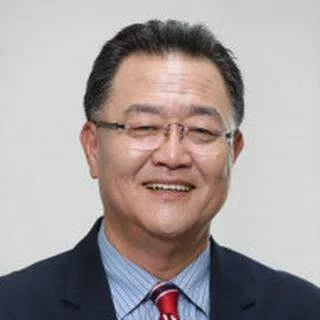Execution for spreading South Korean-style content? Why North Korea’s human rights issues cannot be ignored
Not only are North Korea’s nuclear and missile threat to the Korean peninsula, but its human rights issues are also a part of security issues in the region, says academic Kang Jun-young.
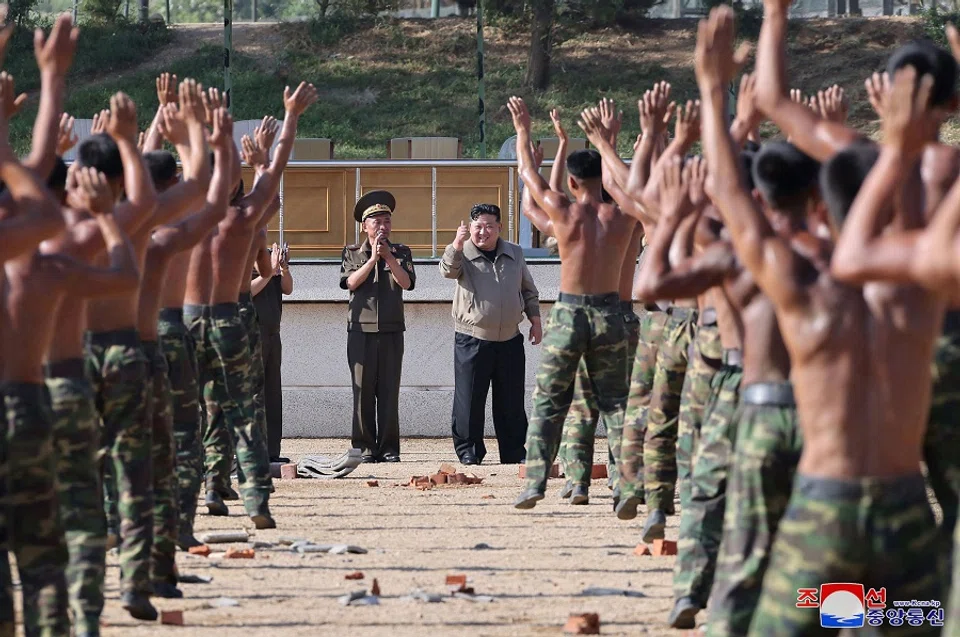
The first thing that comes to mind whenever North Korea is mentioned is its nuclear weapons and missiles.
As we all know, North Korean Supreme Leader Kim Jong Un has no intention of abandoning the state’s nuclear programme. Instead, the country continues to advance the development of nuclear weapons and missiles, employing deception tactics that escalate tensions in the Korean peninsula.
Shifting focus from security to human rights
Recently, Kim even ignored the dissuasions and warnings of his biggest supporter China, and formed a nuclear alliance-like comprehensive strategic partnership with Russia to seek cooperation on advanced military technology, thus threatening South Korea and the world.
At the same time, Russia has also vetoed the United Nations’ renewal of a panel of UN experts monitoring North Korea’s compliance with international sanctions, terminating the mandate of the expert panel.
As North Korea prioritises nuclear development, it not only exploits resources but also employs forced labour, rule of terror and oppressive information control, all of which constitute severe human rights violations.
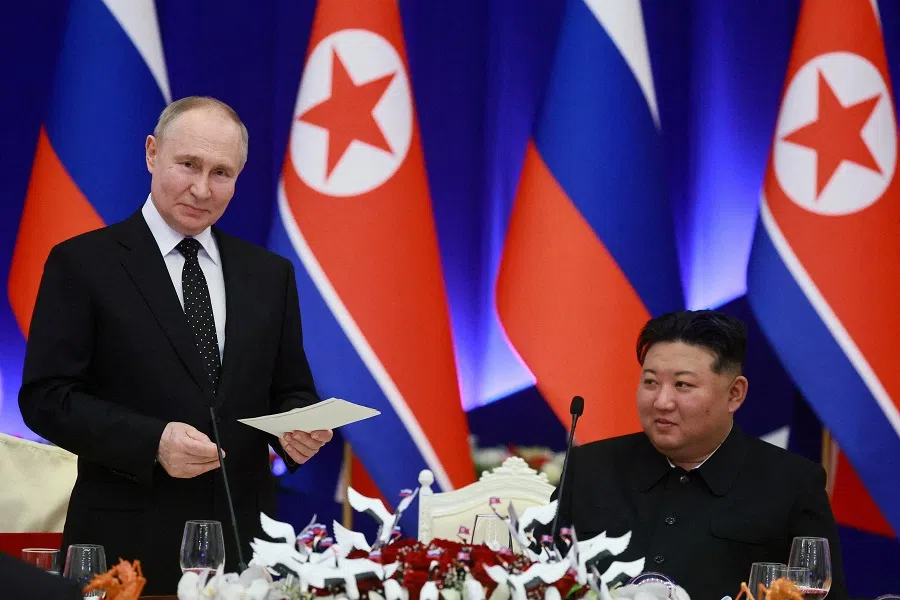
While the international society is concerned about the advance development of North Korea’s nuclear weapons and missile programmes, it has relatively overlooked the human rights of the North Korean people.
To address this, South Korean President Yoon Suk-yeol believes that improving the human rights of North Korean residents who hold Republic of Korea citizenship based on the Constitution of the Republic of Korea is a fundamental factor in promoting eventual change in North Korea, and is thus striving to implement relevant policies to this end.
For example, the South Korean government has designated 14 July as a national memorial day for North Korean defectors from this year onwards. Yoon also declared his unification vision in his Liberation Day speech on 15 August, prioritising the resolution of human rights issues in North Korea. This shift in perspective from security to human rights reflects a willingness to address the North Korea issue from a different approach.
UN’s push to improve North Koreans’ human rights
In fact, the North Korean nuclear issue and human rights issue are two sides of the same coin. As North Korea prioritises nuclear development, it not only exploits resources but also employs forced labour, rule of terror and oppressive information control, all of which constitute severe human rights violations.
Moreover, it is common knowledge that North Korean residents are exposed to the threat of radioactive explosions. Hence, the North Korean nuclear issue and human rights issue come under the same umbrella.
The UN recently submitted a report on the human rights situation in North Korea to the 79th United Nations General Assembly (UNGA). The UNGA Third Committee, which deals with human rights, discusses North Korea’s human rights issue each year, and has adopted resolutions on human rights in North Korea in previous years.
Human rights, as the name suggests, refer to the universal, absolute rights, status, and qualifications of human beings, which can be summarised as “the right to live like a human”. However, this is not applicable in North Korea.
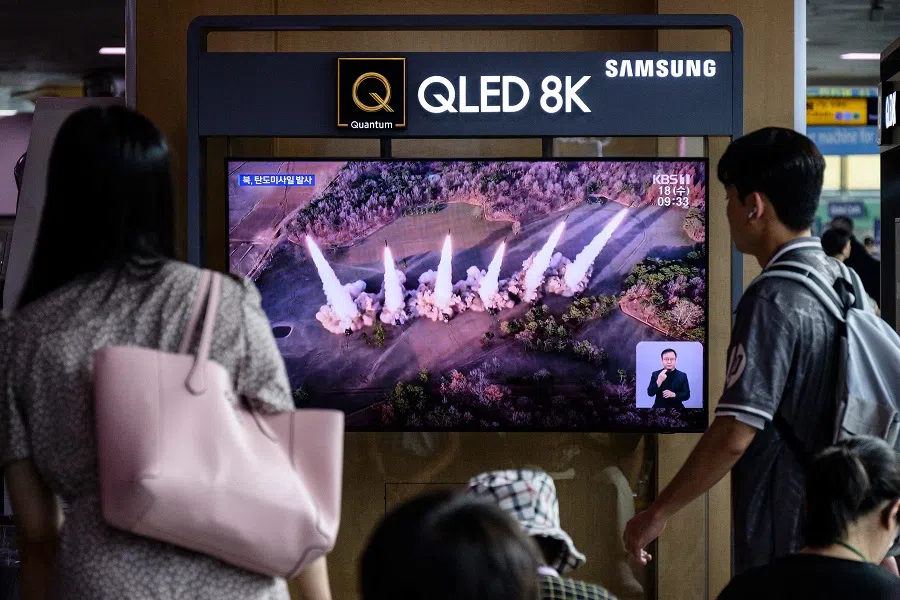
This year’s report focused on North Korea’s abuse of the death penalty and restriction of movement, and called for accountability for human rights violators, as well as the release of all political prisoners, the dissolution of political prisoner camps, and an end to arbitrary arrests and detention based on political opinions and social background.
It also presented the human rights situation from August last year to July this year, and proposed 15 recommendations, including ending all forms of forced labour that violate international law, and establishing fair trials and an independent judiciary, as well as measures to prevent surveillance systems from being used as tools for political oppression.
At the same time, on 10 September, South Korea’s Ministry of Unification held a briefing on North Korea’s human rights situation for 21 foreign embassies, focusing on the UN report.
Possible death penalty for using South Korean-style language and content
Human rights, as the name suggests, refer to the universal, absolute rights, status, and qualifications of human beings, which can be summarised as “the right to live like a human”. However, this is not applicable in North Korea.
The North Korean authorities have enacted three harsh laws — the Youth Education Guarantee Act, the Pyongyang Cultural Language Protection Act, and the Reactionary Ideology and Culture Rejection Act — to cut off and reject the cultural influence from South Korea.
... if North Korean citizens violate these laws and are found using or spreading “South Korean-style” language and content, they will be publicly executed.
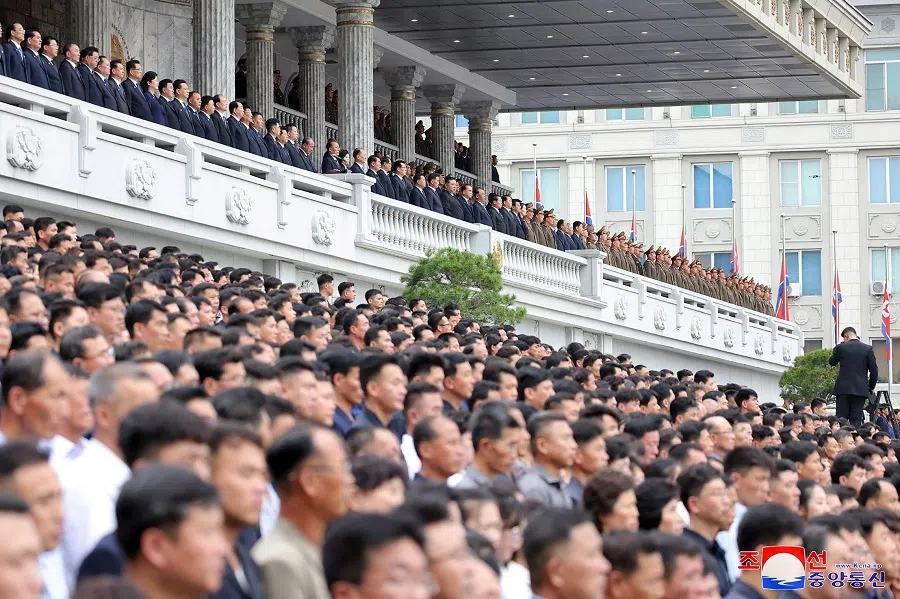
In April this year, Amnesty International pointed out that if North Korean citizens violate these laws and are found using or spreading “South Korean-style” language and content, they will be publicly executed. The NGO has expressed concern over the North Korean authorities’ severe restrictions of basic rights.
In fact, North Korea’s actions are in violation of the International Covenant on Civil and Political Rights, which it has ratified, as the treaty ensures freedoms such as privacy, thought, conscience, religion and speech. With regard to this, the representative from Slovenia, the current president for the UN Security Council, stressed the need to explore solutions to improve the human rights situation in North Korea.
The German Federal Foreign Office also expressed serious concerns about North Korea’s structural, widespread and severe violation of human rights.
US must pay more attention
The Washington-based NGO Committee for Human Rights in North Korea also expressed support for the continued concern for human rights issues in North Korea by European countries — who have had the tragic experience of being occupied by the Soviet Union and their human rights violated under a communist regime.
In the two years that the act was not reauthorised, not only was the symbolic strength of US support greatly diminished, there were also instances of inconsistency in related NGO activities.
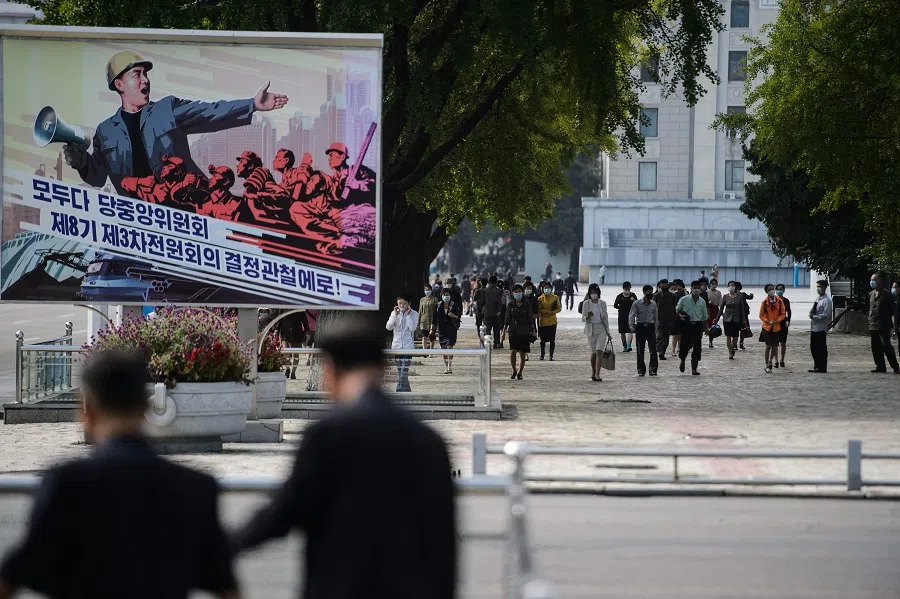
However, 30 September would mark two years since the expiration of the North Korean Human Rights Act passed by the US Congress. In the two years that the act was not reauthorised, not only was the symbolic strength of US support greatly diminished, there were also instances of inconsistency in related NGO activities.
The South Korean government is currently focused on basic human rights for North Koreans. From this perspective, not only should the US — which places an emphasis on human rights — as well as Europe and other Western countries pay attention, even China, which forcibly repatriates North Korean defectors without a legal review process, and the rest of the international society should also pay close attention.
Elevating the universal value of human rights is the shared responsibility of all of humanity and the international society, as it could become a shortcut to dealing with the North Korean nuclear issue.
This article was first published in Lianhe Zaobao as “如何看待朝鲜人权问题”.
